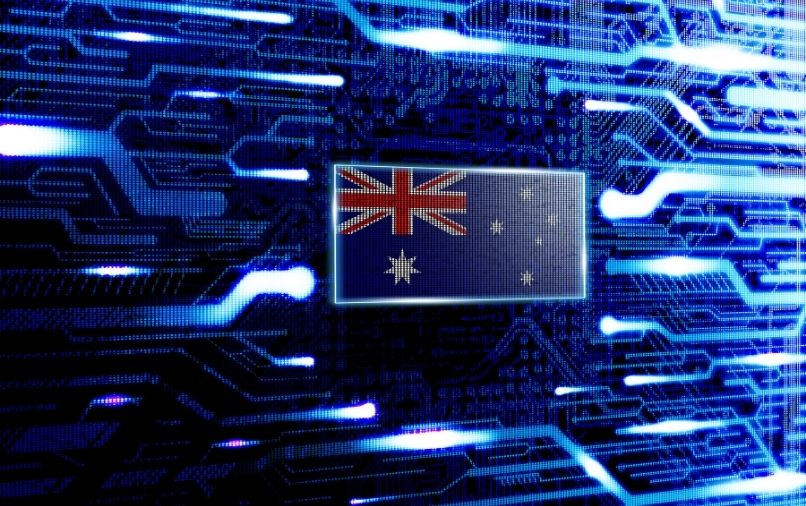- NBN estimated that they have already exhausted $100M in forgone revenue and capacity network investment since the pandemic.
- The estimate was sent to RSPs during a briefing intended to provide updates on the former’s plan to reimburse certain anticipated overage charges for September.
- To augment NBN capacity to accommodate increased data demand, the company brought forward investment between March and November 2020, which further contributed to the overall revenue reduction.

NBN Co.’s estimation claimed that they have already exhausted the equivalent of $100M in forgone revenue and capacity network investment since the beginning of last year. This can be attributed to the implementation of necessary COVID-19 relief measures.
The estimate was sent to RSPs during a briefing intended to provide updates on the former’s plan to reimburse certain anticipated overage charges for September. NBN also claimed that they might pay an overage rebate for November. These charges were incurred when RSPs use more connectivity virtual charge capacity than they have provisioned.
NBN Co stated that its: “Total support for the industry and end customers during COVID has led to the company absorbing more than $100 million in net revenue reduction and additional capacity-related network investment.”
The foregone revenue included the CVC credit for up to 40% usage for nine months last year, tapered off over an ensuing two months. This also includes what NBN Co describes as RSP savings in overage. The savings is said to be a result of a ‘rebound effect’ of lower usage growth below 25 percent per annum between February 2021 to June 2021.
To augment NBN capacity to accommodate increased data demand, the company brought forward investment between March and November 2020. This further contributed to the overall revenue reduction. Nevertheless, NBN Co advised RSPs that it has seen data utilisation growth to stabilise in September.
“However, to provide some certainty to RSPs we are committing to a minimum $1.9 million in total industry credit value, which will be paid to eligible RSPs based on an RSPs share of the Total Industry National Overage per the calculation methodology. The $1.9 million credit represents our higher-end estimate for the growth in usage above the threshold over the full month of September 2021.”
This note came a few days after the five leading RSPs of NBN issued a “building block modelling” of what is estimated to be NBN Co’s actual capex, opex, and capital costs. NBN’s TC-4 line costs will be placed between $30 and $35 per month with this model. This is still below NBN Co’s current ARPU of $45.
Meanwhile, NBN Co released research from Accenture last week. According to the study, NBN Co is placed at a midpoint of comparable OECD nations for affordability. The research also revealed that Australia is the most improved nation on that score over the past two years.


